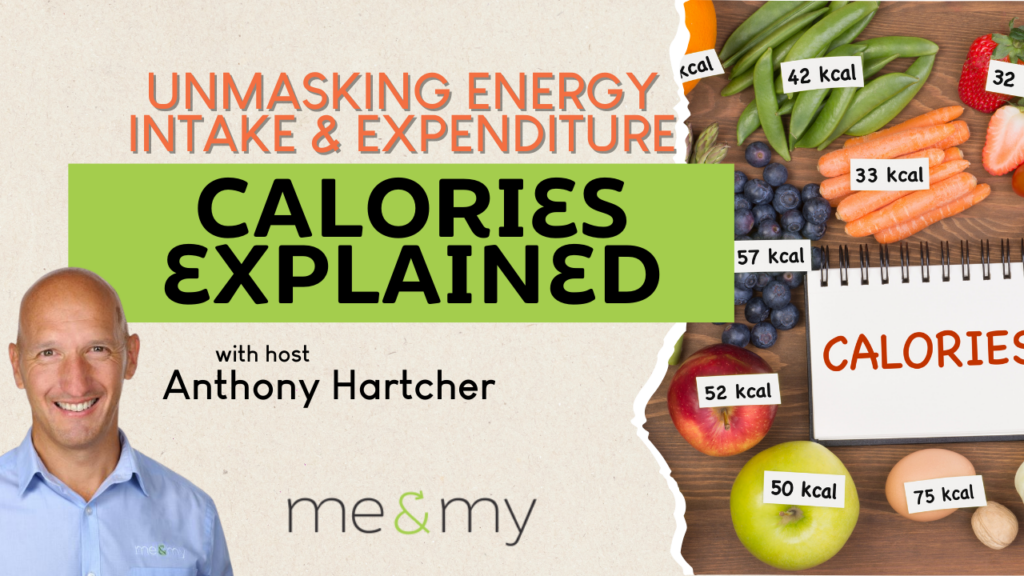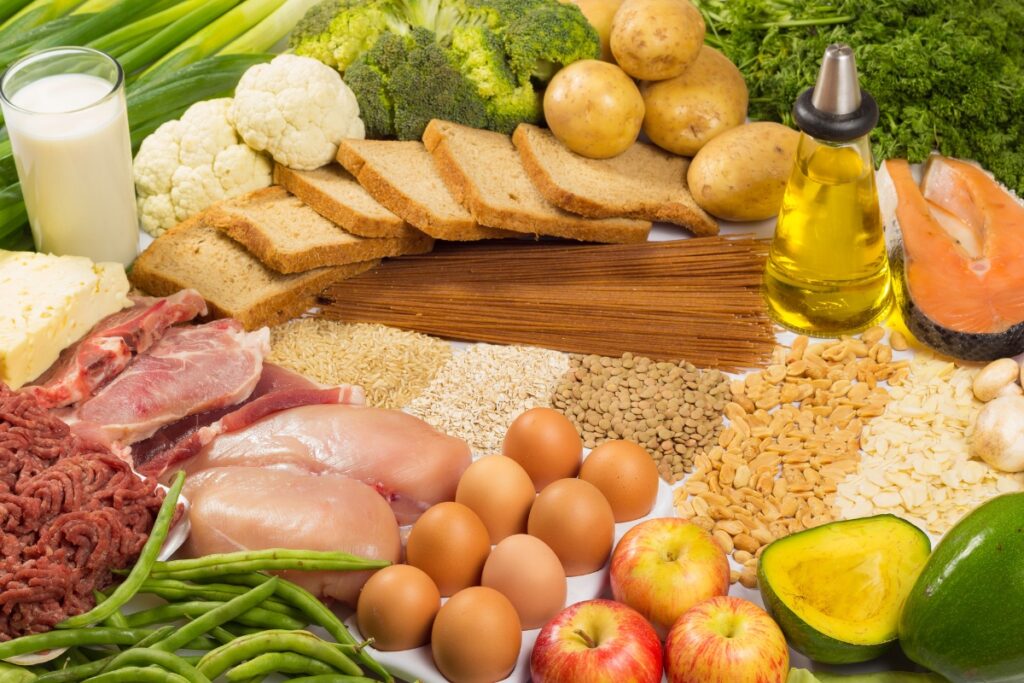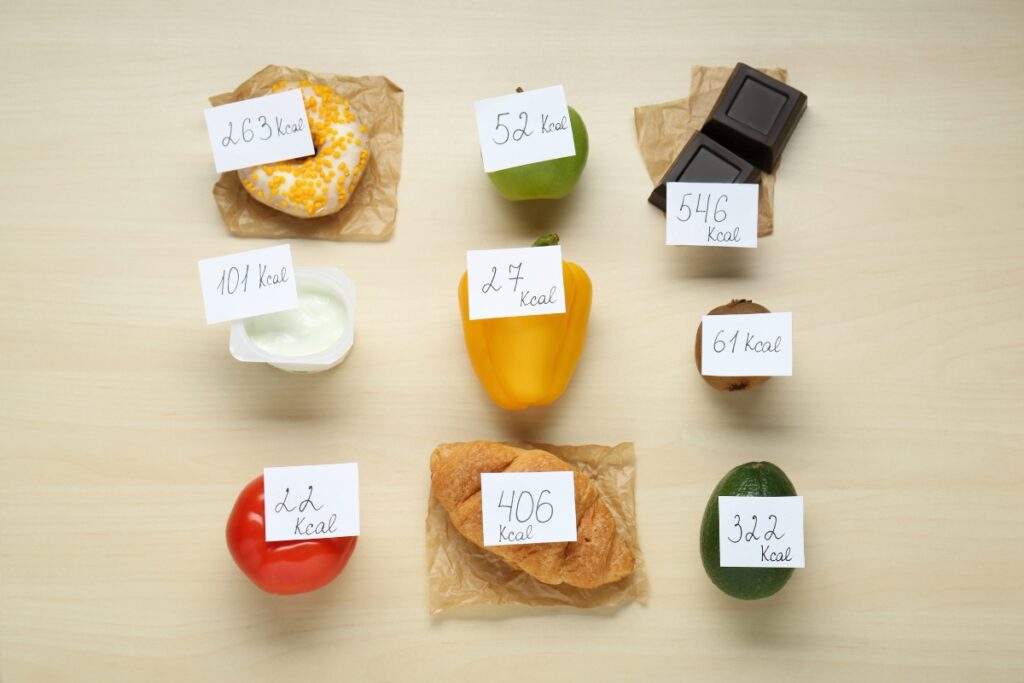The Intricate Science of Calories: Energy Intake and Expenditures

Are you constantly counting calories but still failing to shed those stubborn kilos? Does the concept of energy intake and expenditure seem complex and elusive? You’re not alone. In the world of health and fitness, understanding how our bodies process calories can be a maze that many of us struggle to navigate.
This blog post is here to turn the tables and simplify that maze. Drawing insights from an enlightening episode of the me&my health up podcast with host Anthony Hartcher, we dive deep into the concept of energy intake and expenditure, breaking it down to its essence, and presenting it in a way you can apply to your everyday life.
Watch the full video of the episode here:
Energy Intake and Expenditures | Calories Explained
Calories: A Snapshot
Think of energy intake as the food and drink you consume daily. Now, imagine energy expenditure as the fuel your body uses for various functions – be it digesting food, moving around, or even thinking. Each of these activities requires energy, and this energy comes from the calories in our food and drink.
A calorie is simply a unit of measurement – it tells us how much energy we gain from consuming a food or drink item. But remember, not all calories are created equal. How much energy your body extracts from these calories depends on numerous factors, like your metabolic efficiency, body type, and the type of food you eat.
The Science of Metabolism

Have you ever wondered why some people can eat a lot and still stay lean while others put on weight despite eating less? It’s all down to metabolism, and it’s a game of ectomorphs and endomorphs. Some of us can burn energy more efficiently than others due to our genetic makeup, lifestyle choices, and dietary habits. The energy we extract from our food, known as ATP, fuels a variety of body functions, from cell communication to chemical production and repair work.
Macronutrients: The Energy Providers

When it comes to energy intake and expenditures, macronutrients — fats, proteins, and carbohydrates — play a pivotal role. Each of these provides a certain amount of energy when consumed. Protein and carbs give you around four calories per gram, while fat delivers a hefty nine calories per gram, thanks to its energy-dense nature.
The Energy Balance Equation
If you’re finding it hard to shed weight, take a closer look at your energy balance. The energy balance principle is straightforward — if you consume more calories than you burn, you’re likely to gain weight. It’s not just about eating less; it’s also about making smart choices and knowing the nutritional value of the food you consume.
Alcohol and Weight Gain

Did you know that alcohol provides nearly as much energy as fat? A bottle of wine, for instance, can equate to the calorie content of an extra meal per day. So, when thinking about your energy intake and expenditure, remember to factor in the invisible calories in your favourite drinks.
Understanding Thermic Value of Food

The type of food you eat matters. Whole foods require more energy to process, effectively burning more calories than processed foods. Foods high in fibre require your body to work harder, and as a result, you burn more calories in the digestion process.
Thyroid Function and Energy Expenditure

Your thyroid plays a crucial role in metabolic function. A healthy thyroid can enhance metabolism and promote efficient energy extraction. Stress management is vital here, as chronic stress can hinder the body’s ability to process food effectively. Therefore, a balanced diet coupled with stress management techniques can significantly improve your metabolic rate.
Weight Management Strategies

Weight management doesn’t have to be an uphill battle. With a sound understanding of energy intake and expenditures, you can devise a strategy that works for you. Consuming protein-rich food can increase feelings of fullness and curb those frequent cravings, keeping your energy intake in check. Regular physical activity can boost your energy expenditure, helping you burn more calories.
Mindful eating can also be a powerful tool to manage your energy intake. Savouring every bite, being aware of the food you eat, and appreciating its nutritional value can make a significant difference.
Final Thoughts
Balancing energy intake and expenditures can seem like a daunting task, but it’s a challenge we can overcome. By understanding the fundamental aspects of metabolism and nutrition, we can take control of our health, making informed choices that align with our personal goals.
The journey towards understanding your body’s energy intake and expenditures is a vital step to personal health and wellbeing. With a clearer comprehension of how calories work and their impact on your body, you can begin to make more informed choices, ensuring that you are fuelling your body optimally for your lifestyle and health goals.
Your Journey to Balance Energy Intake and Expenditures
Understanding and managing your energy intake and expenditures can be daunting, but it doesn’t have to be. At me&my wellness, we take a holistic, personalised approach to health coaching, focused on your unique needs and wellness goals. We demystify the complexities of nutrition, provide expert guidance tailored to your body’s distinct needs, and empower you to make healthier lifestyle choices.
Ready to make a difference in your health? Book a consultation with us today and let us guide you on your journey towards balanced energy intake and expenditures, and holistic wellbeing.

